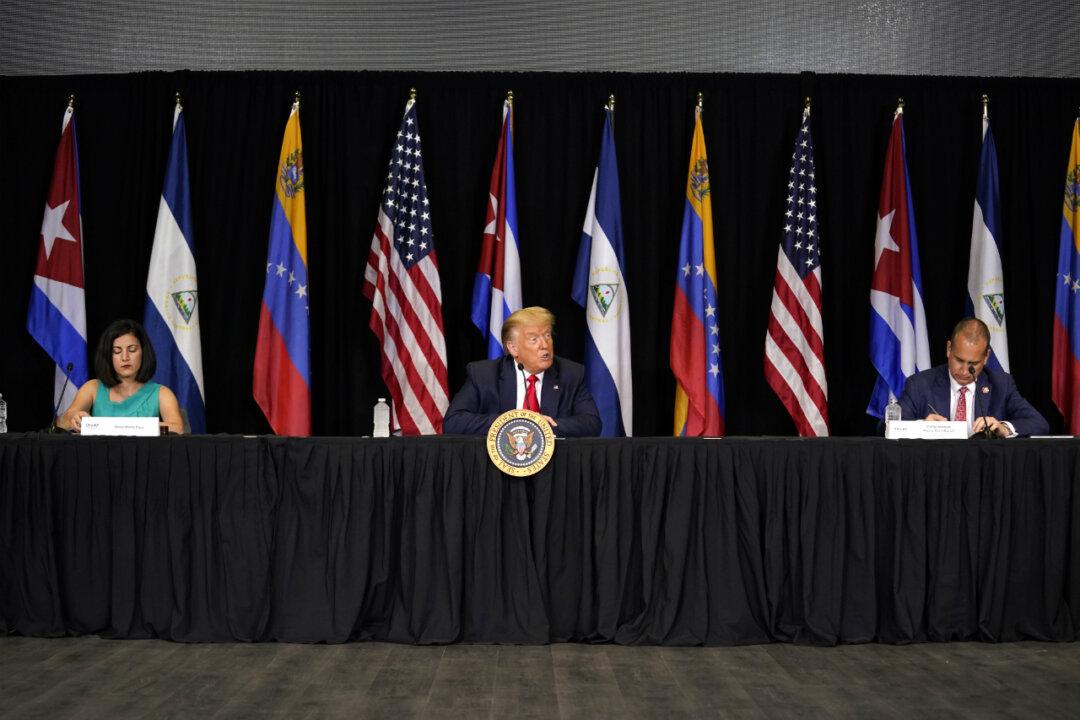President Donald Trump on Tuesday has approved the deferral of deportation of eligible Venezuelan nationals who fled to the United States when an economic crisis swept the socialist country.
Trump issued a memo directing the secretary of state and the secretary of Homeland Security to take appropriate measures to defer for 18 months the deportation of any national of Venezuela, or alien without nationality, who last resided in Venezuela, subject to a list of exceptions.




